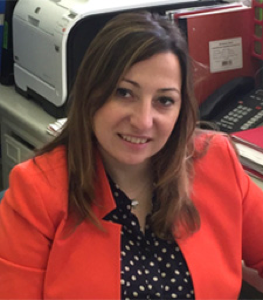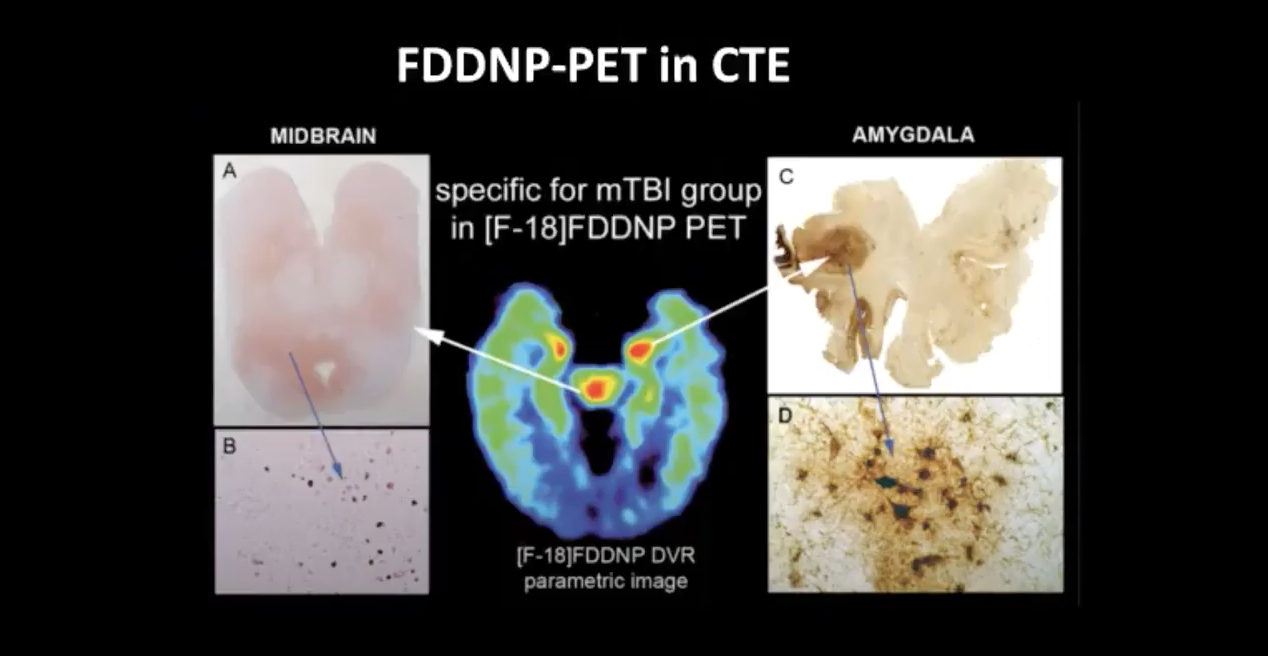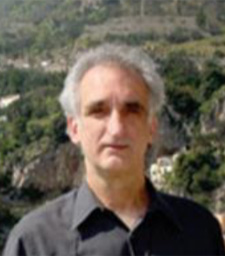
About Silvia Fossati, PhD
Dr. Silvia Fossati is Assistant Professor of Psychiatry and Neurology at the NYU School of Medicine, and the Director of the Biofluid Biomarkers Core at the Cohen Veteran Center at NYU Langone Medical Center. She is strongly committed to the understanding of the molecular pathogenesis of neurodegenerative and psychiatric disorders. She obtained a PhD in molecular and cellular neuropharmacology at the University of Florence, Italy. She joined the NYU School of Medicine as a Postdoctoral Fellow in 2007 to conduct research focused on understanding signaling pathways that trigger cell toxicity and cellular stress responses in Alzheimer’s disease and cerebral amyloid angiopathy, with a focus on mitochondrial dysfunction, deregulation of apoptotic factors, neuroinflammation, and stress of cells composing the neurovascular unit. In 2012, Silvia was promoted to a faculty position in the Pathology Department at NYU School of Medicine, and subsequently received an appointment in 2015 as Assistant Professor in the departments of Neurology and Psychiatry, thereby establishing her independent laboratory. As Director of the Biofluid Biomarker Core of the NYU Cohen Veteran Center, she introduced novel ultrasensitive biomarker discovery technologies for the study of TBI and PTSD in military veterans. She has receiving multiple awards, including the Alzheimer’s Association New Investigator Research Grant, the Blas Frangione Foundation New Investigator Grant, the prestigious American Heart Association Scientist Development Grant, and, recently, the Leon Levy Fellowship in Neuroscience. Silvia is a known expert in the molecular mechanisms of cell death/stress underlying multiple causes of brain diseases, including amyloidosis, tauopathy, Alzheimer’s disease, stroke, TBI, and PTSD.

















